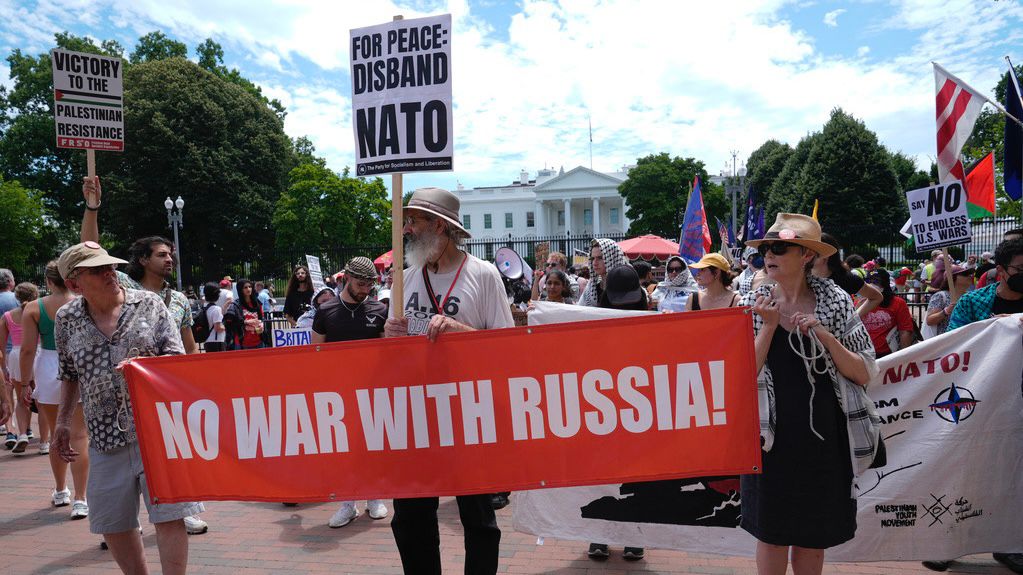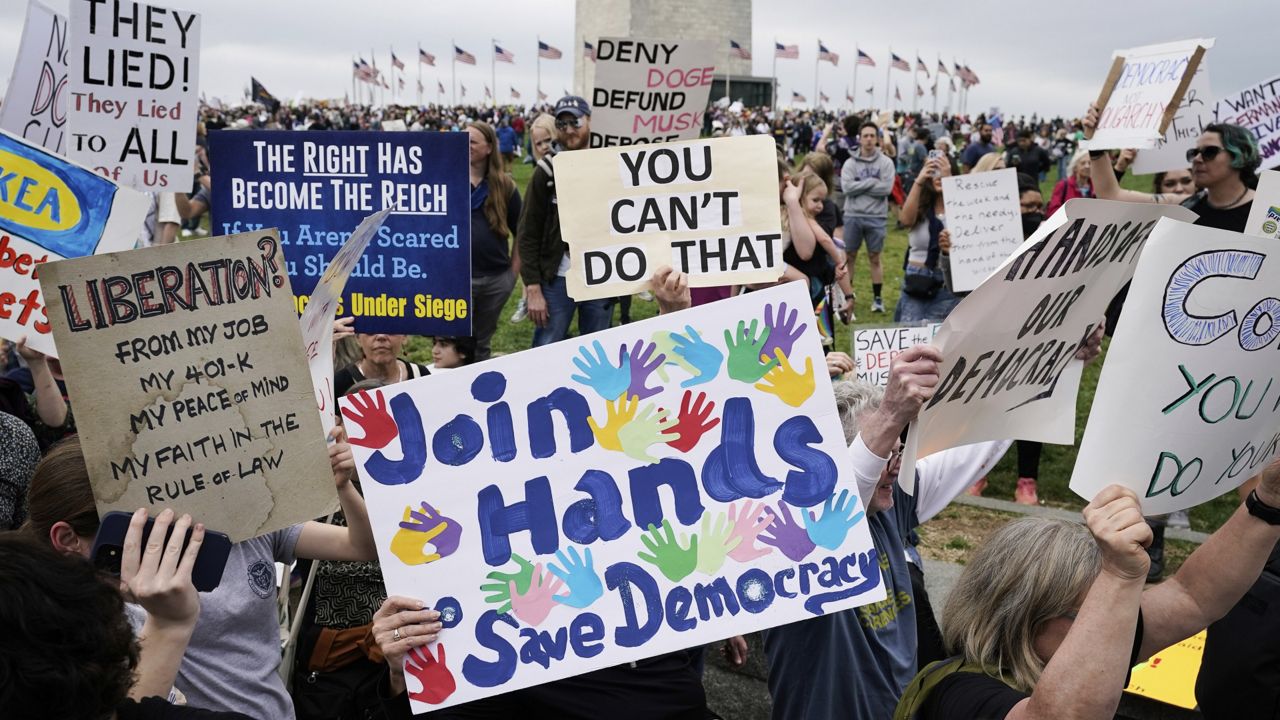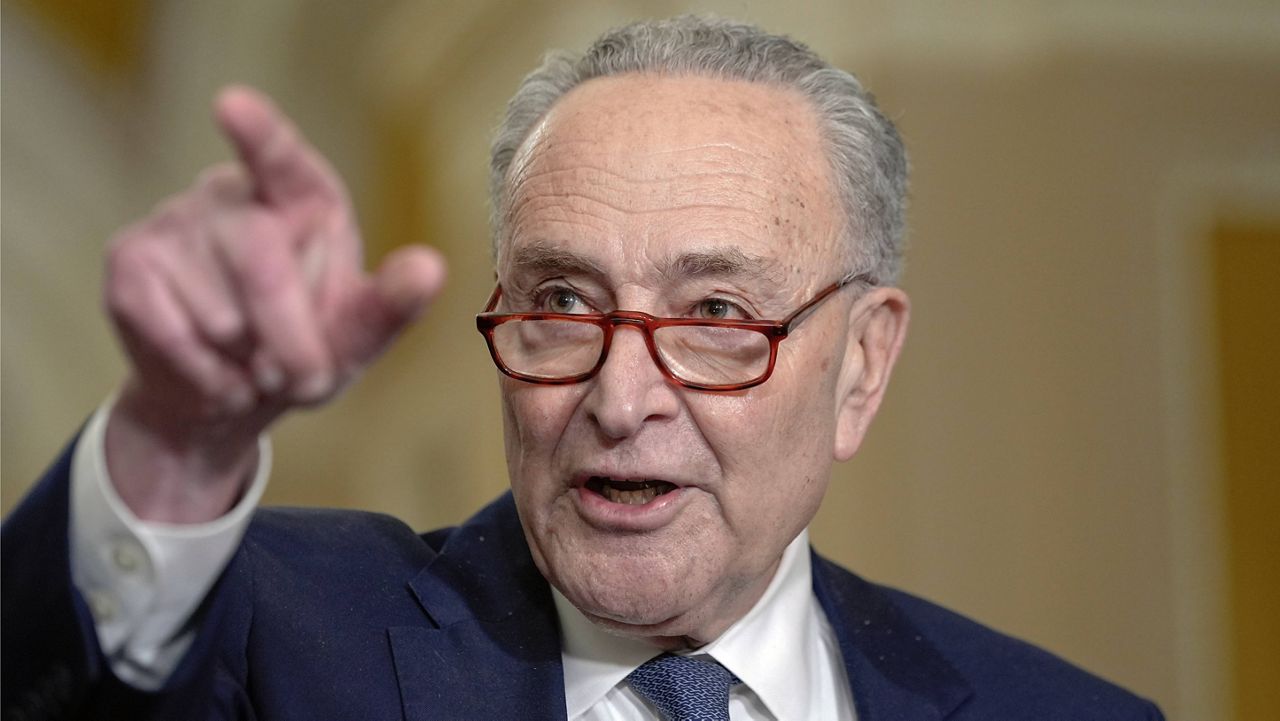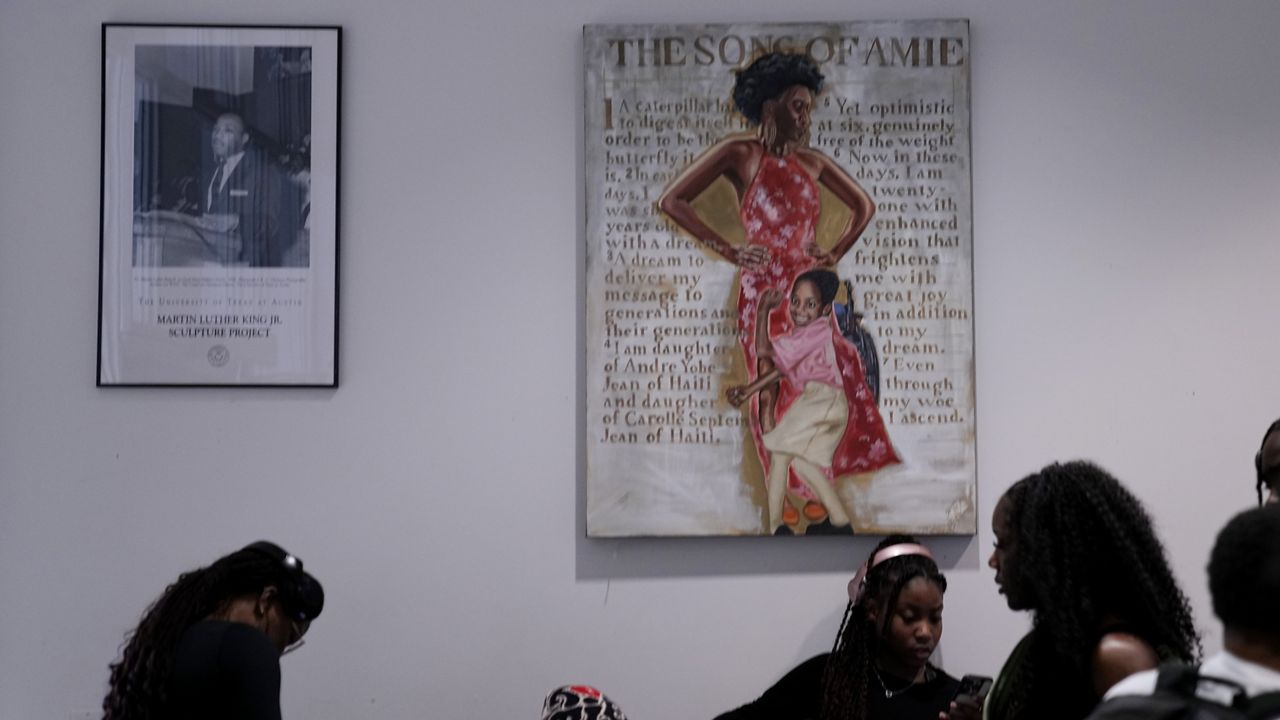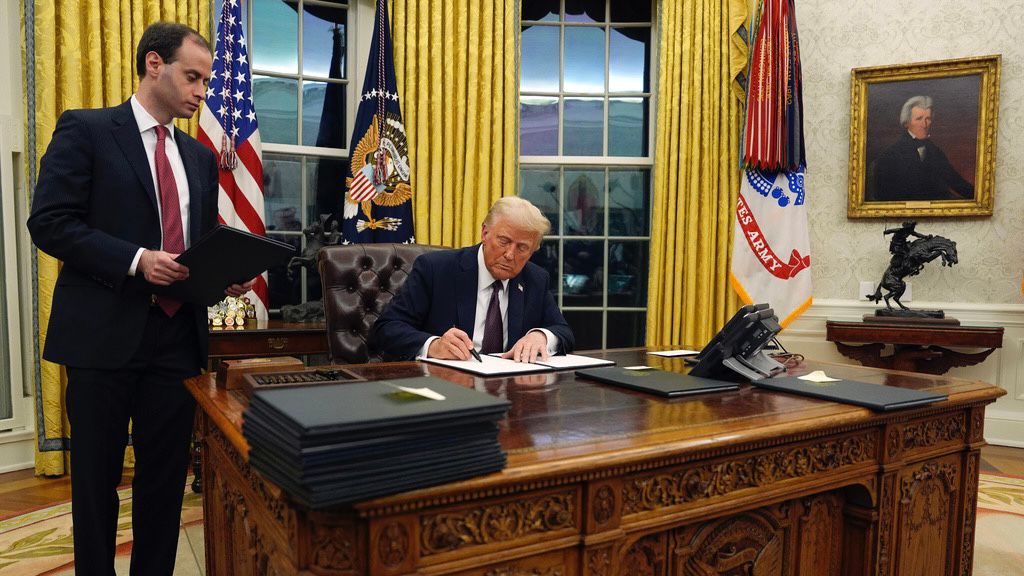Political turmoil in the United States, United Kingdom, France and Germany are affecting NATO’s ability to address global challenges, the Center for European Policy Analysis said Monday.
The group made its assessment one day before the annual NATO Summit kicks off in Washington DC with representatives from its 32 members countries.
“We see this increasing openness with which North Korea, Iran, Russia and China are teaming up and potentially others in the world outside of the West,” CEPA Transatlantic Defense and Security Fellow Minna Alander said in a briefing Monday. “Is the West able to keep a say on things? When it comes to the alliance itself, the big countries really need to get their act together.”
Last week’s ouster of the conservative party in the UK, Sunday’s fractured elections in France and the upcoming presidential election in the US are among the many factors challenging NATO as its members convene in Washington this week. Continuing to aid Ukraine’s defense against Russia is one of the top concerns at this year’s summit, as well as considering whether to admit Ukraine to the group.
The summit is taking place as the organization celebrates 75 years of a collective defense pact. The North Atlantic Treaty Organization was formed in 1949 after World War II to counteract Soviet aggressions toward Europe. This week’s event will kick off in the Mellon Auditorium in Washington D.C. where the treaty was first signed.
NATO is facing “a totally different threat than we faced 75 years ago,” CEPA International Leadership Council Member Stephen Twitty said. “Heck, we face a totally different threat than we faced five years ago.”
He listed illicit missile defense, space-based technology, cyber technology, disinformation and information wars as threatening global security.
“We have to prepare ourselves as part of NATO not only for today but the future because we’re operating in the future now,” he said. “We’re seeing the way war is evolving and how dynamic it is on the European continent with Ukraine” and in Israel’s war in Gaza.
Twitty expects one of the points that will be discussed at this week’s NATO Summit will be increasing member countries’ industrial military capacity to support Ukraine while also maintaining their own readiness for war. CEPA said Spain, Greece and other countries could help the Ukraine war effort by supplying Patriot missile systems to bolster what the U.S. and Germany have already provided.
The group also said that NATO needs to discuss the possibility of Ukraine being more offensive in its war strategy, saying that air defense alone is like chemotherapy without removing the tumor.
CEPA said NATO needs to do a better job of figuring out its thresholds for collective defense and for improving the resilience of its members. As it stands, the U.S. plays an outsize role.
During his time in office, former President Donald Trump routinely berated European allies for their over-reliance on the U.S. for military support and funding and their failure to commit 2% of gross domestic product for defense. This year, 23 of NATO’s 32 member countries meet that threshold, up from nine in 2021.
“It’s very simple. Nothing is more successful than success. We have to win,” CEPA Transatlantic Defense and Security Senior Fellow Nico Lange said about NATO during the briefing. “Winning means whoever tries to attack a member of the alliance will have to lose. That has to be clear.”
He said Ukraine’s lack of NATO membership “is exactly the gray zone Vladimir Putin tries to exploit. Not having him exploiting the gray zone and showing strength and resilience, that is most important for NATO now.”
Still, it is unlikely that the U.S. and Germany will extend an invitation to start membership accession talks for Ukraine this week. Barring Ukraine from joining NATO, however, incentivizes Russia to keep the war going, CEPA said, and is a contentious issue within NATO.
“The key question for Putin is not a few square kilometers in Ukraine here or there,” he said. “The key question for him is to challenge the European security order.”




